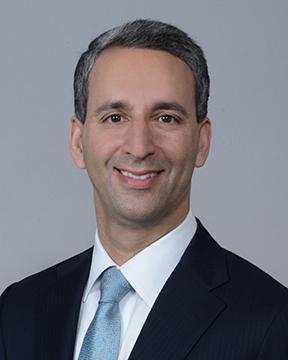10 HR Mistakes School Leaders Should Avoid. By Linda Chambers
In today’s litigious environment, charter schools face numerous HR challenges that can lead to costly legal issues if not managed properly. To help school leaders navigate these complexities, we recently hosted a webinar titled “Innovative and Proactive HR Legal Strategies for Turbulent Times” with Peter Siegel, Partner and Chief Employment Officer at Greenspoon Marder LLP. Peter shared invaluable insights into avoiding common HR pitfalls that can leave schools vulnerable to lawsuits. Here are the top 10 mistakes schools often make—and how to avoid them:
- Outdated or Non-Compliant Employee Handbooks:
Many schools have handbooks that are either outdated or not tailored to their specific needs and state laws. Ensure your handbook reflects your school’s policies, complies with current laws, and includes key elements such as a clear EEO policy, PTO guidelines, and a complaint mechanism. - Improper Onboarding Documentation:
Start the employment relationship on the right foot by having employees sign off on critical documents at the beginning, such as a contract, job descriptions, and offer letters. This sets clear expectations and can protect your school in case of disputes. While some employers feel that Florida is an at-will state and a contract is not necessary, there are few _____ and it protects your organization. - Misclassification of Employees:
Incorrectly classifying employees as independent contractors or exempt versus non-exempt can lead to significant legal and financial penalties. Ensure that classifications are accurate and in compliance with federal and state guidelines. Also, be sure you are utilizing 1099 status complaint with the law – this should not be used for part-time workers, but for independent contractors. - Lack of Documentation for Performance Issues:
If you need to terminate an employee for performance reasons, it’s crucial to have documented evidence in their personnel file. Without this, claims of wrongful termination are much harder to defend. - Failure to Use Separation Agreements:
When parting ways with an employee, consider using a separation agreement and release to prevent future claims. This provides closure and protects your school from potential lawsuits down the road. - Ignoring Mental Health Accommodations:
With a rise in mental health claims under the ADA, it’s important not to dismiss or underestimate an employee’s mental health concerns. Always engage in the interactive process to explore reasonable accommodations. - Lack of a Social Media Policy:
Social media interactions among employees can lead to workplace conflicts and harassment claims. Implement a clear social media policy that outlines acceptable behavior and addresses potential issues that could impact the workplace. - Inadequate Handling of Medical Leave Requests:
The increase in medical leave requests, particularly for mental health reasons, requires careful attention to ensure compliance with laws like the ADA and FMLA. Always consult with HR or legal experts to manage these requests properly. - Overlooking the Importance of Written Job Descriptions:
Having clear, written job descriptions that employees sign off on is critical. They not only set expectations but also serve as key evidence in performance-related disputes. - Underestimating the Cost of Legal Compliance:
While it might seem daunting to keep up with ever-changing laws, investing in preventative HR strategies can save your school from the far greater costs of litigation. Establish a solid HR infrastructure and consult with legal experts to stay ahead.
Take Action Today
By proactively addressing these common HR pitfalls, school leaders can significantly reduce the risk of legal challenges and focus on their primary mission: providing quality education to students. For more detailed guidance, don’t hesitate to reach out to HR professionals or legal experts who specialize in employment law for schools.
Let’s work together to strengthen our HR practices and create safe, compliant, and productive environments for our staff and students. If you missed the webinar, you can still access these insights and more through our recorded sessions. Stay tuned for more resources and opportunities to learn from experts in the field.

Peter Siegel, Partner and Chief Employment Officer, Greenspoon Marder LLP

